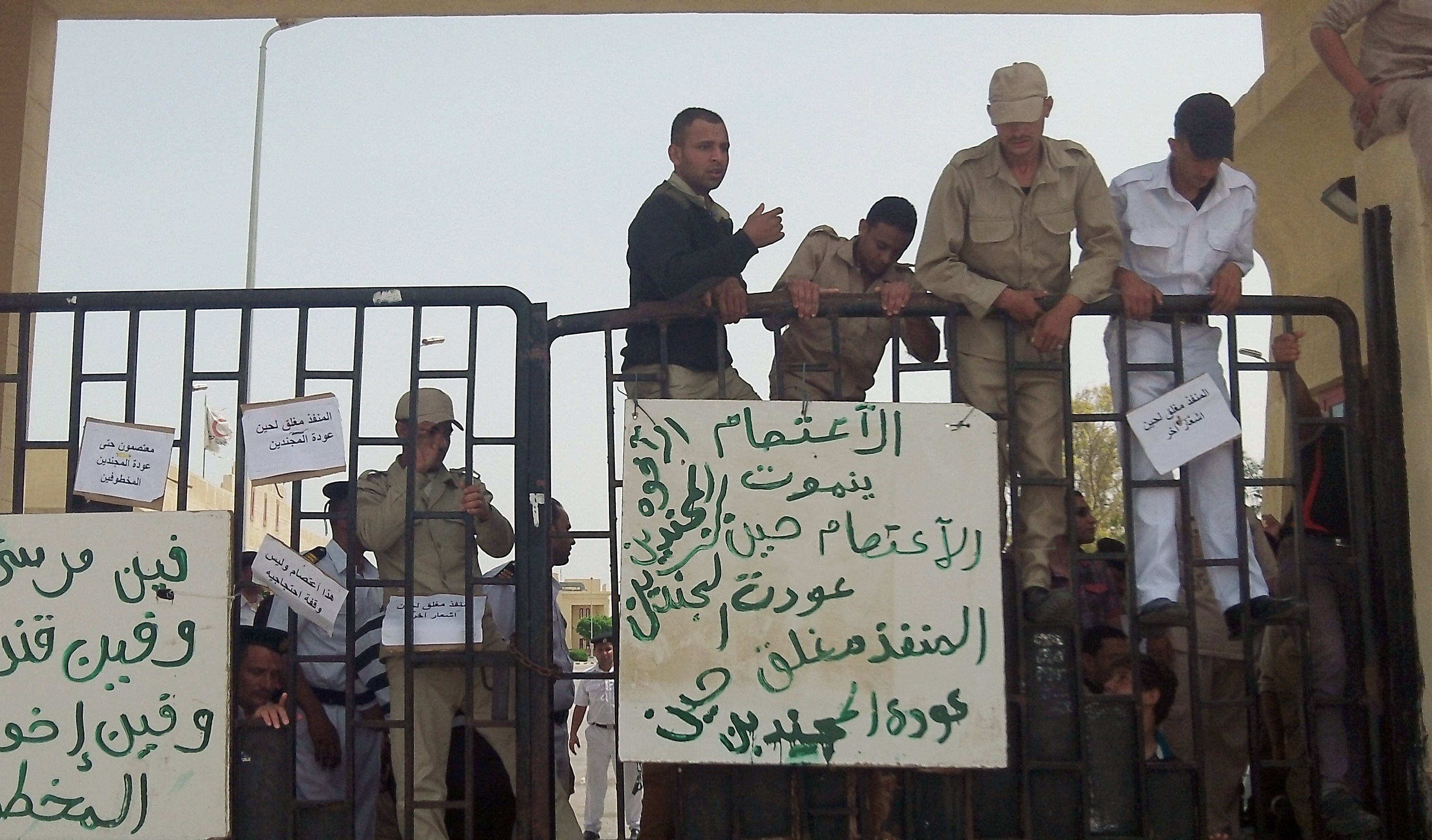Sudan’s Minister of Irrigation Yasser Abbas said, on Wednesday, that all options remain open to solve the Ethiopian dam crisis, including resorting to the UN Security Council and international community.
In a statement, Abbas said that Khartoum will maintain its position of negotiating in good faith and adhering to the principles of international law, stressing that the effects of the Grand Ethiopian Renaissance Dam (GERD) on Sudan are direct and significant.
He also said that the African Union (AU) monitors will not be given any role in the negotiation process on the huge dam project. Ethiopia has objected to various proposals put forward by Sudan and Egypt, with Abbas noting that the failure to reach a fair agreement threatens regional peace and security.
Egypt’s Minister of Foreign Affairs Sameh Shoukry headed to Khartoum, on Tuesday, accompanied by a Sudanese delegation coming from the Democratic Republic of the Congo (DRC).
Shoukry said, “Cairo will act if any water damage is caused to it by the Ethiopian dam.”
He added, “Egypt is always working to solve the dam crisis politically, and it will take all measures to protect its national security at the appropriate time.”
The Ethiopian side tried to disavow any commitment regarding a dam, adding that despite Egypt and Sudan’s flexibility, Ethiopia has thwarted these efforts, Shoukry also said.
Earlier, the Egyptian Ministry of Foreign Affairs said that the GERD negotiations held in DRC capital, Kinshasa, had neither achieved progress nor reached an agreement on re-launching the negotiations.
It also indicated that Ethiopia rejected the proposal submitted by Sudan and supported by Egypt on forming an international quartet led by the DRC.
The DRC is the current African Union (AU) head, and has been involved in mediating between the three countries in negotiations on the Ethiopian dam, namely Egypt, Sudan, and Ethiopia.
The ministry added that this proves beyond a reasonable doubt the flexibility and responsibility that Egypt and Sudan have assumed. It also confirms their serious desire to reach an agreement on the dam, but Ethiopia rejected this proposal, which led to the failure of the meeting to reach a consensus on restoring the launch negotiations
Shoukry described any talk about the second filling of the Renaissance Dam unilaterally or the operation of the dam as an “irresponsible act”.
He stressed, “Filling the Dam unilaterally predicts dangerous developments that threaten the region, peace and international security, and Egypt and Sudan will not allow any harm to occur to them.”

